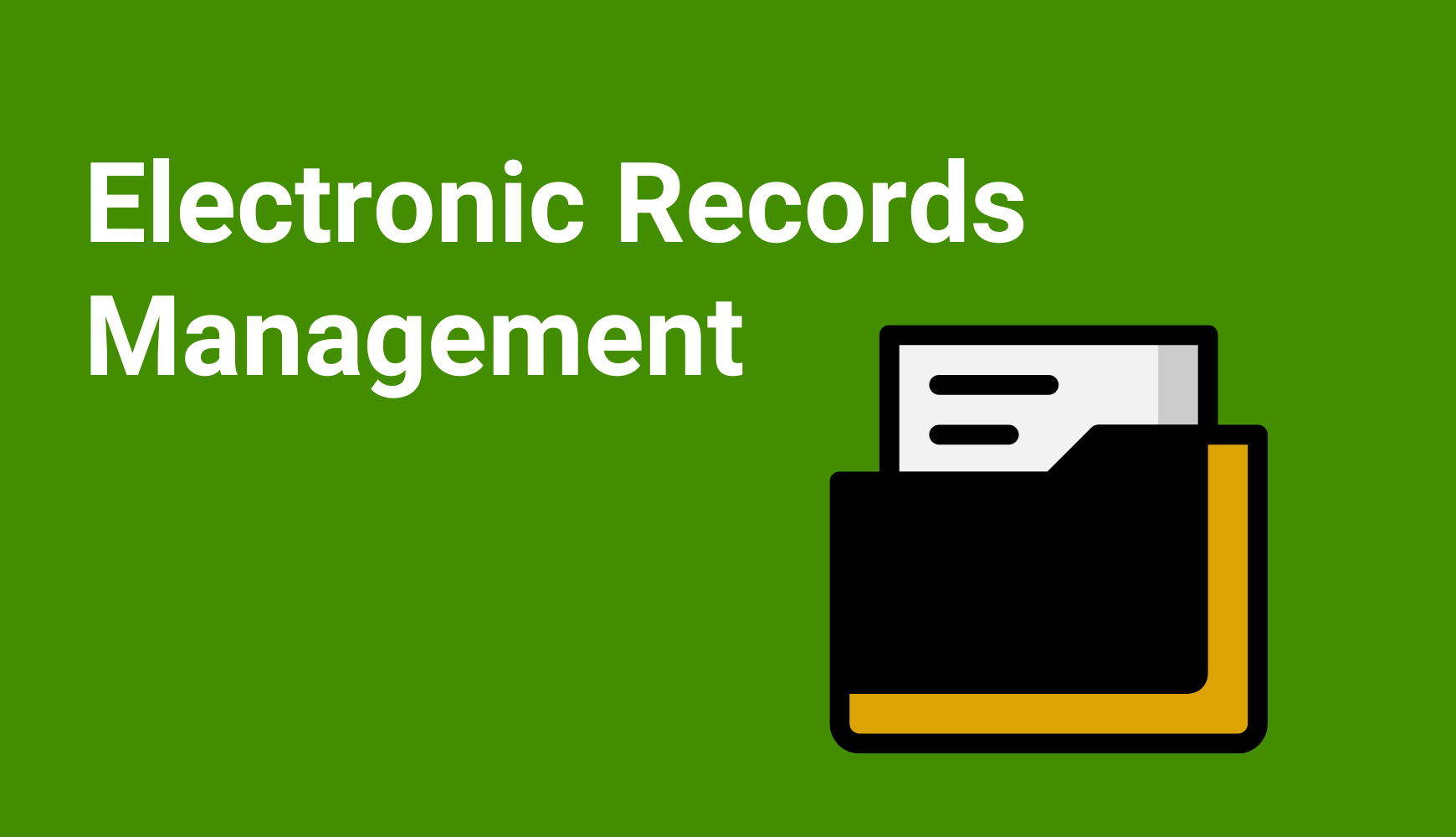Electronic Records Management

About Course
The 5-day course will provide participants with both a theoretical and practical understanding of the key concepts of Electronic Records Management including Archiving. The course will give an overview of records management terminology, concepts, and procedures to successfully manage records in today’s offices. It also touches on the legal issues around record retention.
Introduction:
Massive amounts of electronic data, records and documents are being created and stored everyday posing a major challenge to any organizations whether a growing small business, a multinational company or a government agency. Recent events involving large and well- recognized companies that have experienced lack of knowledge about corporate events, such as BP oil spill, in many ways points to the need to have ready and organized access to electronic information so that emergencies can be responded to and authorities can be answered to.
This is just one example that has brought a heightened awareness of the need to follow systematic policies as part of a comprehensive records and information program within any organization.
Whether you have yet to implement a document retention and management program that incorporates electronic records, or you need to update an existing plan, you cannot affords to miss this Training.
Course Objectives:
At the end of the course attendees will be able to:
- Understanding the difference between records and non records in a an electronic information environment.
- Understanding the role Meta-data plays in Managing Electronic Records.
- Create Retention plans that support Electronic records
- Create Records and information Management Policy that incorporates the use of Electronic Records.
- Identify the criteria that need to be used for evaluating tools to help support the electronic records management process.
- Understanding Digital Preservation and practices needed to support it.
- Understand how to cut running costs and improve services through proper electronic records management.
- Understand how to Stimulate, creativity, motivation and loyalty with the organization through Electronic Records Management.